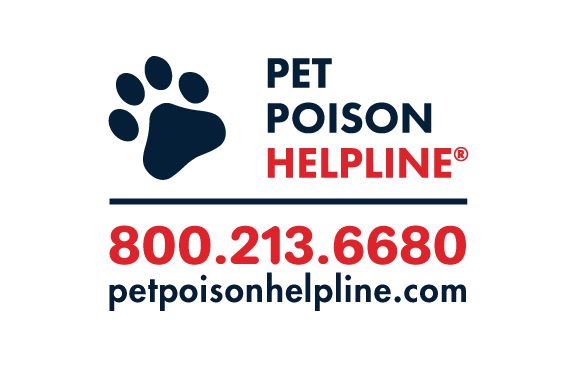
Agave plant triggers serious reaction in dog

A dog suffers severe reactions after chewing on an agave plant.
Kathi Furnas of Marana, Arizona, lets her dog Kiki out every morning to "take care of business" while it is still dark out. However, one morning, instead of coming back relieved, Kiki came back with her face soaking wet. It turns out that during her time outside, Kiki dug up and ate parts of her owner’s agave plant.
Furnas believed that she chased some other type of animal into the plant and started to chew away. Several hours after this, Kiki's face began to swell, and her owners could tell she was in pain, so they wiped her down with a wet cloth. That night, because Kiki was still in pain, they brought her to the hospital.
Furnas brought Kiki to the Veterinary Emergency Group (VEG) in Oro Valley, Arizona, where a medical team had Furnas call Pet Poison Helpline (PPH). The medical team and PPH worked together to assess Kiki physically and create a treatment plan based on her specific situation.
“Kiki likely had a severe reaction to the sap of an agave plant, which contains many different irritants,” Renee Schmid, DVM, DABT, DABVT, a senior veterinary toxicologist and director of veterinary medicine at PPH, said in an organizational release.1 “She developed hives, significant facial swelling, and redness and skin sloughing. In large grazing animals, liver failure can occur, but in dogs, we only expect skin irritation and [gastrointestinal] upset.”
The team at VEG placed Kiki under sedation so they could scrub her face and then administered antibiotics and pain medication. Because of the reaction Kiki had to the plant material, the veterinarians at PPH recommended that Kiki be bathed to remove any of the remaining sap and given an antihistamine, plus a short-acting steroid to help reduce the severity of her reaction.1 The team also learned that Kiki was in pain from the swelling and irritation that developed from chewing on the sharp spines of the leaves, so she was having trouble eating.1 The team administered analgesics and gave her an appetite stimulant.
Kiki is now officially back in full health and continues to chase creatures in her yard but has not gone near the agave plant since the incident. Furnas also told PPH that they now take a flashlight with them when they let Kiki out in the dark.
While she was with Kiki at the hospital, Furnas witnessed some pet owners struggling to make medical decisions for the pets because of the treatment's cost. Wanting to help, Furnas asked the staff whether there was anything they could do.
“We saw a young couple talking to the hospital staff, and they were trying to figure out how to pay for their pet’s treatment,” Furnas said.1 “We asked the hospital if we could help, and they have a fund people can donate to that helps offset some of the costs. The money stays local and helps local pets. We set up a small donation every month.”
This installment of Toxin Tails was released in recognition of National Tequila Day on July 24. Even though Kiki did not ingest any actual tequila, the team at PPH wants to share Kiki’s story and remind clients that alcohol is very dangerous to pets. It can cause serious drops in blood sugar, blood pressure, and body temperature. Pets that become severely intoxicated can also potentially experience respiratory failure and seizures. Veterinary teams should instruct clients that if their pet was to ever ingest any alcohol, to call their veterinary hospital or PPH immediately.
Reference
- A severely swollen face with no tequila high. News release. Pet Poison Helpline. July 23, 2025. Accessed July 28, 2025. https://www.petpoisonhelpline.com/toxintails/a-severely-swollen-face-with-no-tequila-high/
Newsletter
From exam room tips to practice management insights, get trusted veterinary news delivered straight to your inbox—subscribe to dvm360.




